Nissan Parking Sensor Problems: Causes, Symptoms, and Solutions
Parking sensors are essential safety features in modern vehicles, allowing drivers to maneuver their cars safely and avoid collisions with nearby objects or obstacles. Nissan, one of the leading car manufacturers worldwide, offers parking sensors in many of its models, providing drivers with extra convenience and peace of mind while parking.
However, like any technological component, Nissan parking sensors can encounter problems that may affect their accuracy and reliability. In this article, we will discuss the most common Nissan parking sensor problems, their causes, symptoms, and solutions.
Table of Contents
Common Nissan Parking Sensor Problems

Nissan parking sensors can experience various issues that may hinder their performance and usefulness. Here are some of the most common problems reported by Nissan drivers:
Sensor malfunction due to dirt, moisture, or damage
One of the most frequent issues with Nissan parking sensors is malfunctioning due to dirt, moisture, or physical damage. Parking sensors rely on sound waves or electromagnetic signals to detect nearby objects, and any obstruction or interference can disrupt their operation.
Dirt, dust, or debris can accumulate on the sensor surface, preventing it from transmitting or receiving signals correctly. Similarly, moisture or water intrusion can corrode or short-circuit the sensor’s internal components, leading to failure.
Finally, physical damage, such as scratches, dents, or impacts, can impair the sensor’s structural integrity and affect its sensitivity and accuracy.
False alarms or beeps caused by various factors
Another common problem with Nissan parking sensors is false alarms or beeps that occur randomly or without a clear reason. False alarms can annoy and distract the driver, reducing the sensors’ credibility and usefulness.
Various factors, such as weather conditions, nearby objects or structures, or electromagnetic interference can cause false alarms. For example, rain or snow can reflect the sensor’s signals and create false readings, or tall buildings or walls can cause echoes or shadows that confuse the sensor’s algorithms.
Loss of sensitivity, leading to poor or no detection of objects or obstacles
Finally, Nissan parking sensors can experience a loss of sensitivity over time, resulting in poor or no detection of nearby objects or obstacles. This problem can occur due to various reasons, such as sensor aging, wear and tear, or calibration issues.
Sensors that lose sensitivity may not emit enough signals or receive them correctly, leading to inaccurate or inconsistent readings. This problem can be dangerous for drivers, especially when parking in tight or crowded spaces, where objects or obstacles may be hard to spot with the naked eye.
Causes and Contributing Factors
To understand the root causes of Nissan parking sensor problems, we must look at the factors affecting their functionality and durability. Here are some of the most common causes and contributing factors:
Environmental factors
Environmental factors like weather conditions can impact Nissan parking sensors’ performance and reliability. Rain, snow, or extreme temperatures can affect the sensors’ electronics or structure, causing corrosion, condensation, or thermal expansion. Similarly, exposure to sunlight or UV radiation can degrade the sensor’s plastic or rubber components, leading to cracking or fading.
Physical damage or wear and tear
Physical damage or wear and tear is another significant factor that can affect Nissan parking sensors’ longevity and accuracy. Parking sensors installed in the front or rear bumpers are exposed to impacts, scratches, or dents caused by parking maneuvers, collisions, or road debris.
Over time, these damages can accumulate and impair the sensor’s functionality, leading to false alarms, poor readings, or complete failure.
Poor installation or calibration
Finally, poor installation or calibration of Nissan parking sensors can also cause problems, particularly if done by inexperienced technicians or DIY enthusiasts. Improper installation can lead to misalignment, incorrect positioning, or loose connections, resulting in poor performance or no operation at all. Calibration issues can also arise if the sensors are not programmed correctly or the car’s electrical system is incompatible with the sensors’ specifications.
Symptoms and Signs of Nissan Parking Sensor Problems
Nissan drivers should be aware of the warning signs and symptoms that indicate potential parking sensor problems. Here are some of the most common signs to watch out for:
Dashboard alerts or error messages
Most Nissan cars with parking sensors have a dashboard display that shows the sensor’s status and readings. If the display shows an error message or warning sign related to the sensors, it may indicate a problem with the sensors’ functionality or operation. Drivers should not ignore these alerts and seek professional help to diagnose and fix the problem.
Unusual beeps or sounds
Nissan parking sensors emit beeps or sounds when detecting nearby objects or obstacles. If the beeps or sounds become unusual, inconsistent, or random, it may indicate a problem with the sensors’ calibration, sensitivity, or functionality. Drivers should pay attention to these sounds and try to identify the source of the problem.
Inaccurate or inconsistent sensor readings
Finally, Nissan drivers should be wary of inaccurate or inconsistent sensor readings, such as detecting objects that are not there or failing to detect objects that are. These readings may be caused by various factors, such as dirt, moisture, or calibration issues, and can lead to dangerous situations if left unchecked. Drivers should perform regular checks and maintenance on their parking sensors to ensure their accuracy and reliability.
Diagnosis and Solutions
If a Nissan driver suspects a problem with their parking sensors, they should seek professional help to diagnose and fix the issue. Here are some of the possible solutions for Nissan parking sensor problems:
Sensor cleaning
If the problem is caused by dirt, dust, or debris on the sensor’s surface, cleaning it with a soft cloth or brush can solve the issue. However, drivers should avoid using harsh chemicals or abrasives that can damage the sensor’s coating or electronics.
Sensor replacement
The sensor may need replacement if it is physically damaged, corroded, or fails to respond to cleaning. Drivers should consult their Nissan dealer or authorized repair shop for a suitable replacement sensor that matches their car’s specifications.
Sensor recalibration
If the problem is related to calibration issues, drivers should have their sensors recalibrated by a professional technician. Calibration involves adjusting the sensor’s sensitivity, range, and frequency to ensure accurate and consistent readings.
Prevention and Maintenance Tips
To avoid Nissan parking sensor problems and ensure their longevity and accuracy, drivers should follow these prevention and maintenance tips:
Regular sensor cleaning and maintenance
Drivers should clean their parking sensors regularly, especially after driving in dusty or dirty environments or during the winter season. They should also inspect the sensors for physical damage, wear and tear, or signs of corrosion, and seek professional help if needed.
Safe driving practices
To avoid physical damage or wear and tear on the sensors, drivers should practice safe driving habits, such as avoiding tight or narrow parking spaces, backing up slowly and carefully, and avoiding collisions with other vehicles or objects.
Seeking professional installation and calibration services
Finally, drivers should always seek professional installation and calibration services for their parking sensors, avoiding DIY or inexperienced technicians. Professional installation ensures proper alignment, positioning, and wiring of the sensors, while calibration ensures accurate and consistent readings.
Conclusion
Nissan parking sensors are valuable safety features that provide drivers with extra convenience and peace of mind while parking. However, like any technological component, they can encounter problems that may affect their accuracy and reliability. By understanding the common causes, symptoms, and solutions of Nissan parking sensor problems, drivers can stay vigilant and proactive in maintaining their sensors’ functionality and safety.

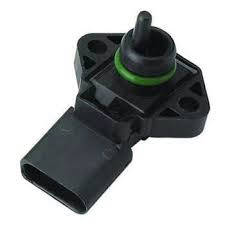
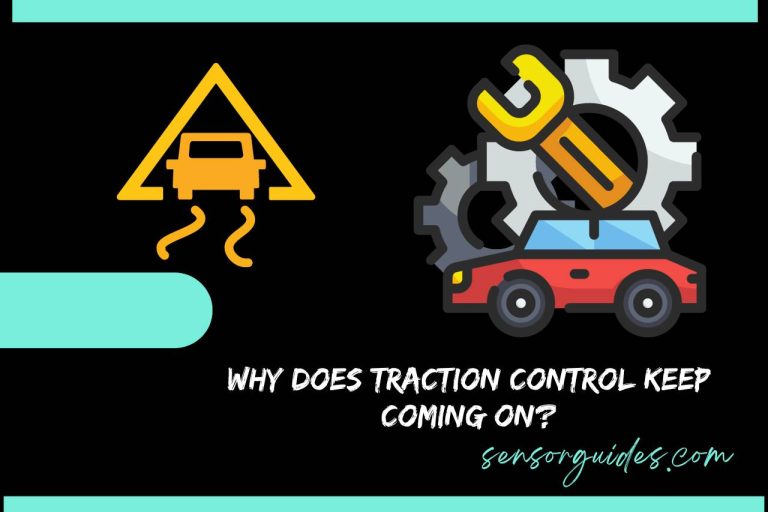
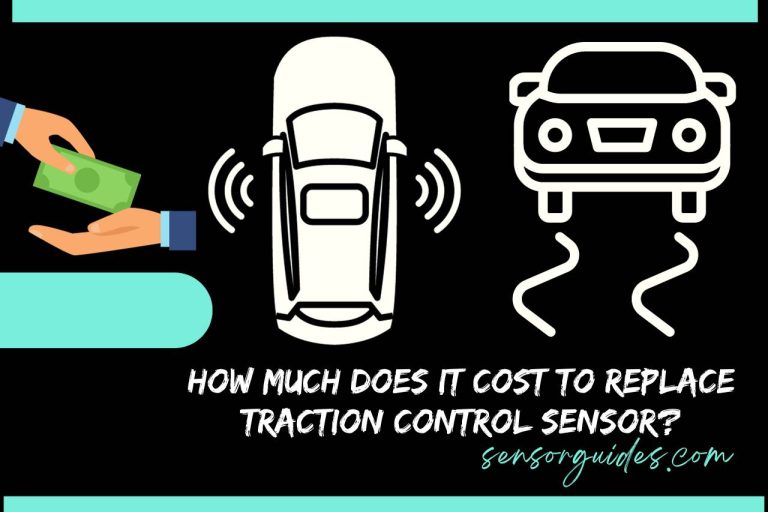
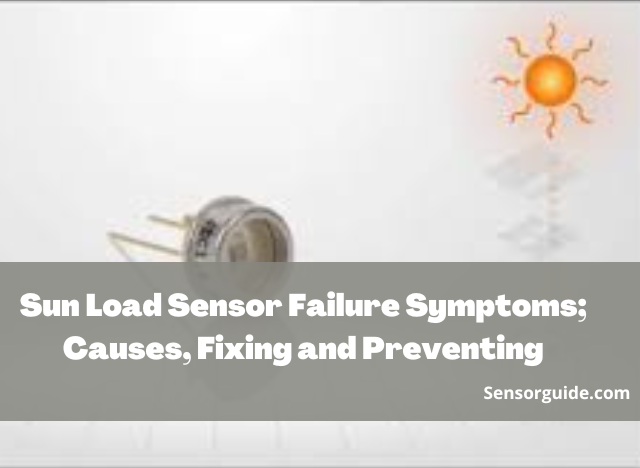
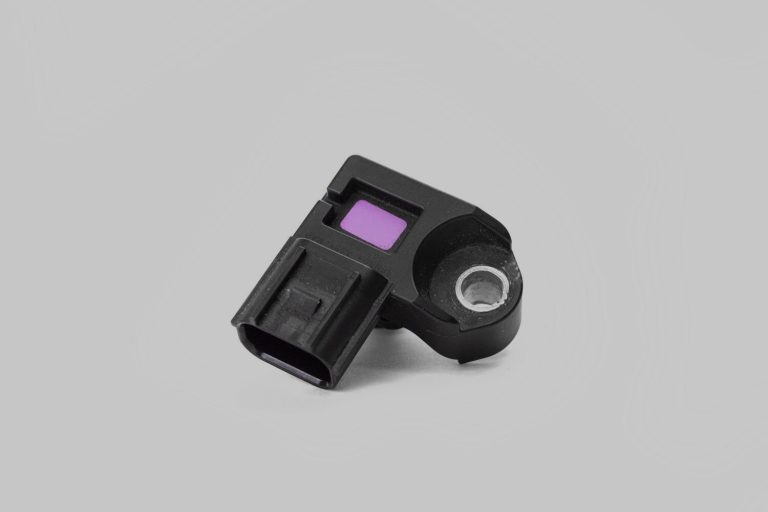
One Comment